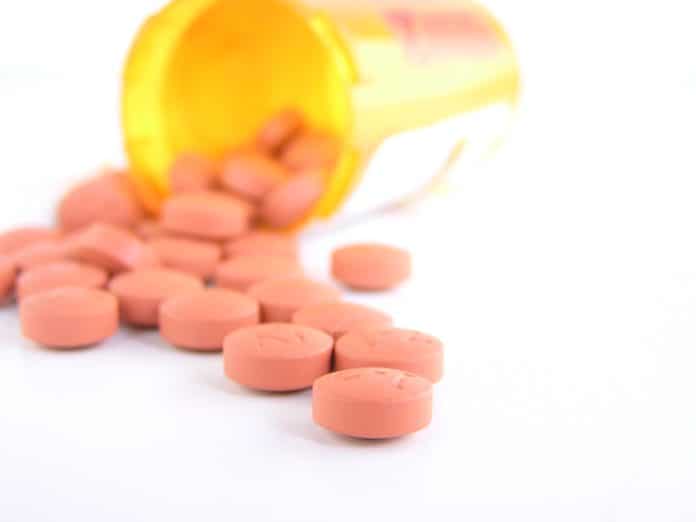Medical fraternity recommends ranitidine as safe, efficacious citing that none of the key pharmaceutical regulators such as the US FDA, the Central Drugs Standard Control Organisation (CDSCO) has asked for a ban.
The US FDA tested numerous ranitidine products and found levels of N-nitrosodimethylamine (NDMA) impurity similar to levels one would be exposed to if they ate common foods like grilled or smoked meats.
Ranitidine was commercially introduced in 1981 and has stood up to the expectations of medical fraternity for being safe and efficacious. Ranitidine features on the World Health Organization (WHO) List of Essential Medicines.
Giving regulatory prespective on the issue, Dr ME Yeolekar, Professor and Head, Department of Internal Medicine, KJ Somaiya Medical College and Hospital said, “Manufacturers are required to comply with the Drugs Controller General of India (DCGI) directives about ensuring safety of medicines. When manufacturers have verified products and taken the measures towards patient safety, the issue of scare and controversy should not arise. This applies to ranitidine as well.”
Also read other articles on Ranitidine. Click below links
Glenmark recalls Ranitidine tablets in US
FAQs – on Ranitidine tablets and injections in India
Zantac does not form carcinogen: Test
Talking about the patient safety aspect, Dr Anil Kumar, consultant cardiologist, Bombay Hospital and Medical Research Centre, Mumbai and Professor of Cardiology, Grant Medical College and JJ Group of Hospitals, said, “I have been prescribing my patients ranitidine for several years and they have never reported any major side effect during their treatment and thereafter. Ranitidine is safe, efficacious and cheap option for the masses.”
Echoing similar views, Dr Rajiv Karnik, cardiologist, Fortis Hospital, Mulund, “Cardiologists prescribe ranitidine to counter acid formation in patients as a side effect of other medicines that are given for different heart conditions. Ranitidine is the safest bet for controlling acid refluxes. The US FDA, in a statement, has also confirmed that ranitidine does not lead to NDMA formation in typical stomach conditions through their tests.”
“Ranitidine is used in cases especially for gastroesophageal reflux disease (GERD). We have found ranitidine safe to be prescribed to even children,” informed Dr Avinash Rao, Andheri-based senior paediatrician.
Speaking in favour of ranitidine, Dr Vijay Kamale, professor of pediatrics, MGM Medical College, “NDMA is a known environmental impurity which is also found in drinking water, foods, including meats, dairy products and vegetables. I have been prescribing ranitidine to neonates, infants and children for years and have relied on it as a safe medicine.”
“Acid regulators which block acid formation are prescribed to treat hyperacidity disorders. Ranitidine is available since several decades now with no serious side effects reported. We have been prescribing ranitidine-based acid regulators since decades now and haven’t come across any serious adverse effect on the kidneys unlike other class of antacids,” concluded Dr Sharad Seth, Nephrologist, HOD, Kokilaben Ambani Hospital.


